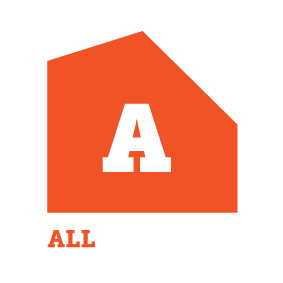A new code of ethics for Licensed Building Practitioners
The code of ethics, which came into force on 25 October 2022, sets behavioural standards for Licensed Building Practitioners (LBPs). These give both the industry and the public clarity on what is expected from LBPs, and hold them to account.
Codewords 111: February 2023

Why we have a code of ethics
The code of ethics ensures high standards are maintained in the industry, while giving the public more confidence that LBPs are undertaking building work in a safe, legal, and professional way. It also provides people, such as homeowners, with an avenue to complain should an LBP breach the standards. Most LBPs already work to the highest professional and ethical standards.
The code of ethics will hold those who do not meet these standards to account, by providing clear grounds for the Building Practitioners Board to take disciplinary action against LBPs who behave unprofessionally.
What the code of ethics include
The code of ethics is made up of 19 standards, which sit under the following 4 key principles:
1. Work safely
- Take responsibility for health and safety.
- Report unsafe behaviour by others on a building site.
- Avoid harming the environment.
2. Act within the law
- Comply with the law.
- Report breaches of the law.
3. Take responsibility for your actions
- Know what building work you are allowed to do.
- Explain risks to your client.
- Inform and educate your client.
- Be accountable for building work carried out by you, or someone under your supervision.
- Advise clients of any delays as soon as they become apparent.
- Act in your client’s interests.
- Generally, you should follow your client’s instructions unless the instructions are dangerous, are contrary to contracts or consents, or would mean you would not be acting within the law.
4. Behave professionally
- Behave professionally.
- Act in good faith during dispute resolution.
- Price work fairly and reasonably.
- Declare and manage actual or potential conflicts of interest appropriately.
- Maintain confidentiality of client details, unless there is good reason for sharing information.
- Acknowledge and respect the cultural norms and values of your clients and colleagues.
- Conduct your business in a methodical and responsible manner.
Where to find more information
The Ministry of Business, Innovation and Employment (MBIE) has developed information and education resources to help LBPs and the public learn more about the code of ethics.
These are available on the LBP website and include a detailed guidance document and an interactive online learning module. The module takes 20 to 30 minutes to complete and can count towards an LBP’s skills maintenance activities (LBPs must log-in to the module for it to count towards skills maintenance).
Code of ethics information and resources
By Robyn McClymont, Senior Advisor Information and Education, Building System Performance, MBIE
Quiz
- Why have a code of ethics?
- It ensures high standards are maintained in the industry.
- It gives the public more confidence that LBPs are undertaking building work in a safe, legal, and professional way.
- It provides people, such as homeowners, with an avenue to complain should an LBP breach the standards.
- All of the above.
- Which of the following is not part of the code of ethics?
- Avoid harming the environment.
- Comply with the law.
- Inform and educate your client.
- The definition of restricted building work.
- Price work fairly and reasonably.
- Who does the code of ethics apply to, and can you claim skills maintenance points for learning about it?
- It applies to all LBPs, and is an elective skills maintenance activity.
- It doesn’t apply to me, and I cannot claim points if I learn more about it.
Check your answers
- Why have a code of ethics?
- All of the above.
- Which of the following is not part of the code of ethics?
- The definition of restricted building work.
- Who does the code of ethics apply to, and can you claim skills maintenance points for learning about it?
- It applies to all LBPs, and is an elective skills maintenance activity.
